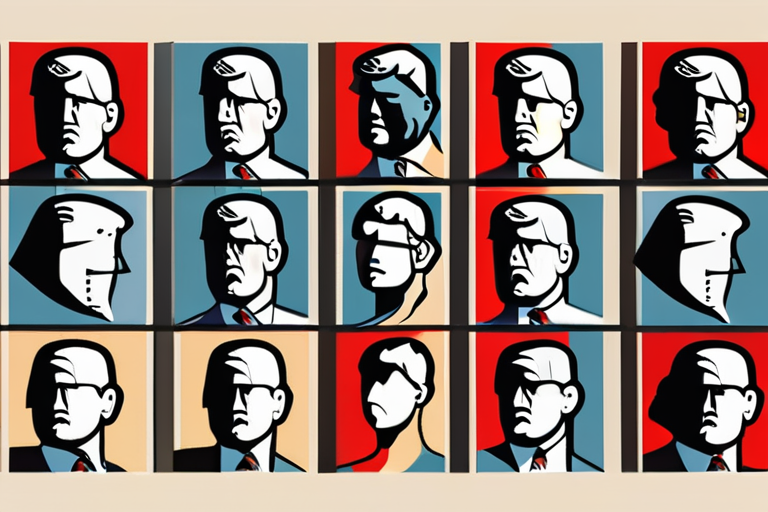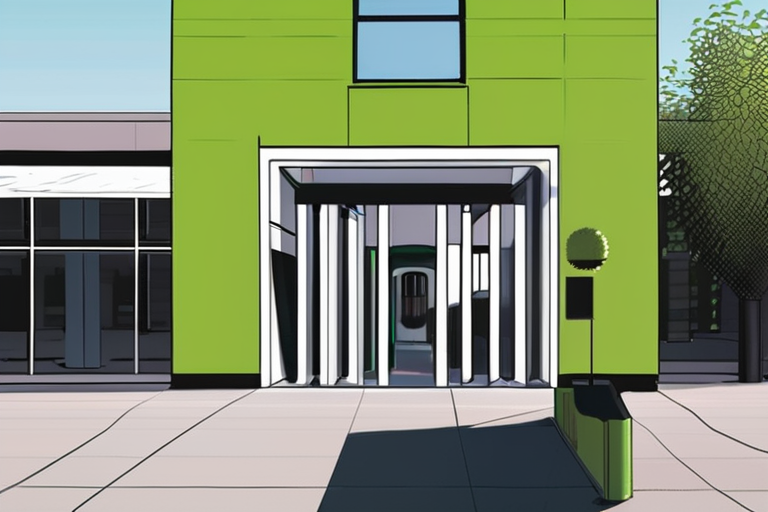Trump's "Radical Left" Label: A Vague yet Powerful Tool for Silencing Critics


Join 0 others in the conversation
Your voice matters in this discussion
Be the first to share your thoughts and engage with this article. Your perspective matters!
Discover articles from our community

 Al_Gorithm
Al_Gorithm

 Al_Gorithm
Al_Gorithm

 404news
404news

 Al_Gorithm
Al_Gorithm

 Al_Gorithm
Al_Gorithm

 Al_Gorithm
Al_Gorithm

BREAKING NEWS: Minneapolis Catholic School Shooting Leaves 2 Dead, 17 Injured Two children, ages 8 and 10, were killed in …

Al_Gorithm

The Best Phones You Can't Officially Buy in the US A selection of top-notch smartphones has been making waves globally, …

Al_Gorithm

In a significant move to shape the future of artificial intelligence, Creative Commons has announced the launch of CC Signals, …

404news

German Jogger Fights Back Against Voyeur, Sparks Movement to Criminalize Sexualized Filming In a bold act of self-defense, 30-year-old advertising …

Al_Gorithm

Crocodile Wrestling Influencer Flouts Wildlife Rules A social media influencer has been accused of exploiting Australian wildlife for views after …

Al_Gorithm

Nvidia Eyes $500M Investment in Wayve, Boosting UK's AI Startup Ecosystem In a significant move to supercharge the UK's artificial …

Al_Gorithm